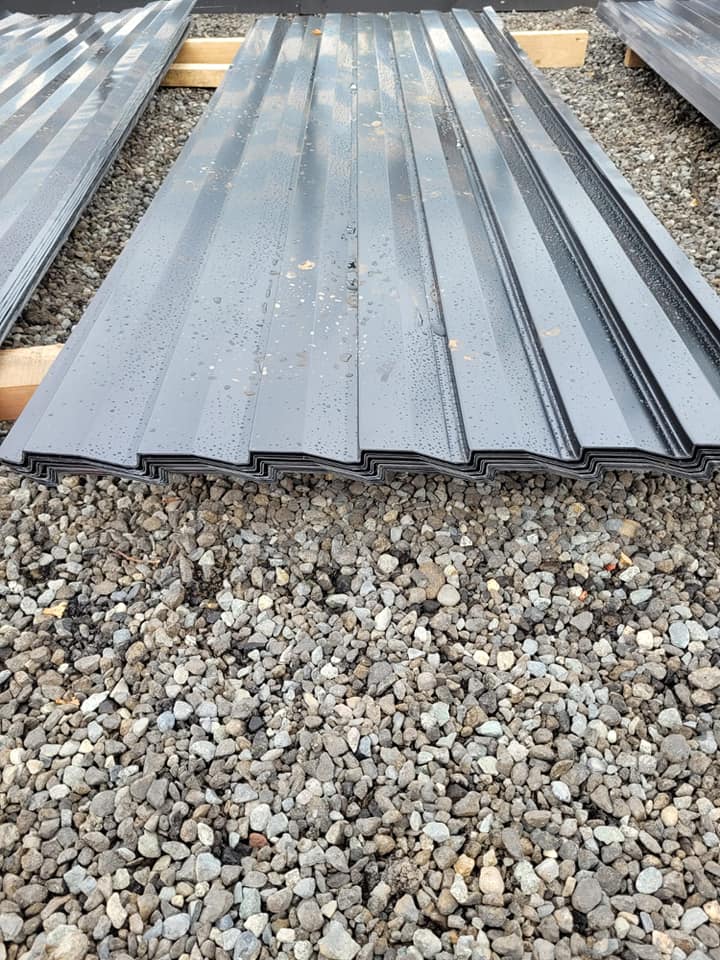hydraulic sheet bending machine
Understanding Hydraulic Sheet Bending Machines
In the realm of metal fabrication, hydraulic sheet bending machines are essential tools that facilitate the shaping and bending of metal sheets into desired forms. These machines utilize hydraulic power to exert force, making the bending process more efficient and precise compared to traditional manual methods. Their popularity in various industries, from automotive to construction, underscores their significance in modern manufacturing.
Hydraulic sheet bending machines operate on the principle of hydraulic pressure, which is generated by a hydraulic pump. This pressure is transmitted to a cylinder, causing a ram to move vertically and apply force on the sheet metal placed on the machine's table. The bending die, located beneath the ram, holds the sheet in place while the top punch descends to create the desired bend. This setup allows for a range of angles and shapes to be achieved, depending on the machine's configuration and the operator's requirements.
One of the main advantages of hydraulic sheet bending machines is their ability to handle a variety of materials and thicknesses. Whether it be stainless steel, aluminum, or other metals, these machines are designed to bend sheets of different gauges efficiently. Additionally, their flexibility in accommodating various bend lengths and radii makes them ideal for both small-scale projects and large production runs.
hydraulic sheet bending machine

Moreover, hydraulic machines are favored for their safety features and ease of operation. Many models are equipped with advanced control systems that allow operators to set precise bending parameters and monitor the process in real time. This not only enhances accuracy but also minimizes the risk of operator error and material wastage. Furthermore, hydraulic systems typically generate less noise compared to mechanical machines, contributing to a better working environment.
Maintenance of hydraulic sheet bending machines is relatively straightforward, involving regular checks of hydraulic fluid levels, seals, and filters to ensure optimal performance. This low maintenance requirement, combined with their durability, makes them a cost-effective investment for businesses looking to enhance their fabrication capabilities.
In conclusion, hydraulic sheet bending machines are invaluable assets in the manufacturing industry, providing efficiency, precision, and versatility in metal forming processes. As technology continues to advance, we can expect further innovations in hydraulic systems, enhancing their capabilities and making them even more indispensable in modern production environments. For businesses aiming to improve their fabrication processes, investing in a hydraulic sheet bending machine may well be one of the most strategic decisions in ensuring quality and efficiency.
-
Top Drywall Profile Machine Models for SaleNewsJun.05, 2025
-
The Role of Purlin Machine in Modern Structural BuildingNewsJun.05, 2025
-
The Advantages of Investing in a Metal Roof Sheet Making MachineNewsJun.05, 2025
-
Key Features of Hydraulic Bending MachineNewsJun.05, 2025
-
Innovations in Standing Seam Metal Roof Machine TechnologyNewsJun.05, 2025
-
High - Performance Roof Panel Machine for SaleNewsJun.05, 2025
-
Key Features to Look for in a Roof and Wall Panel MachineNewsMay.23, 2025








